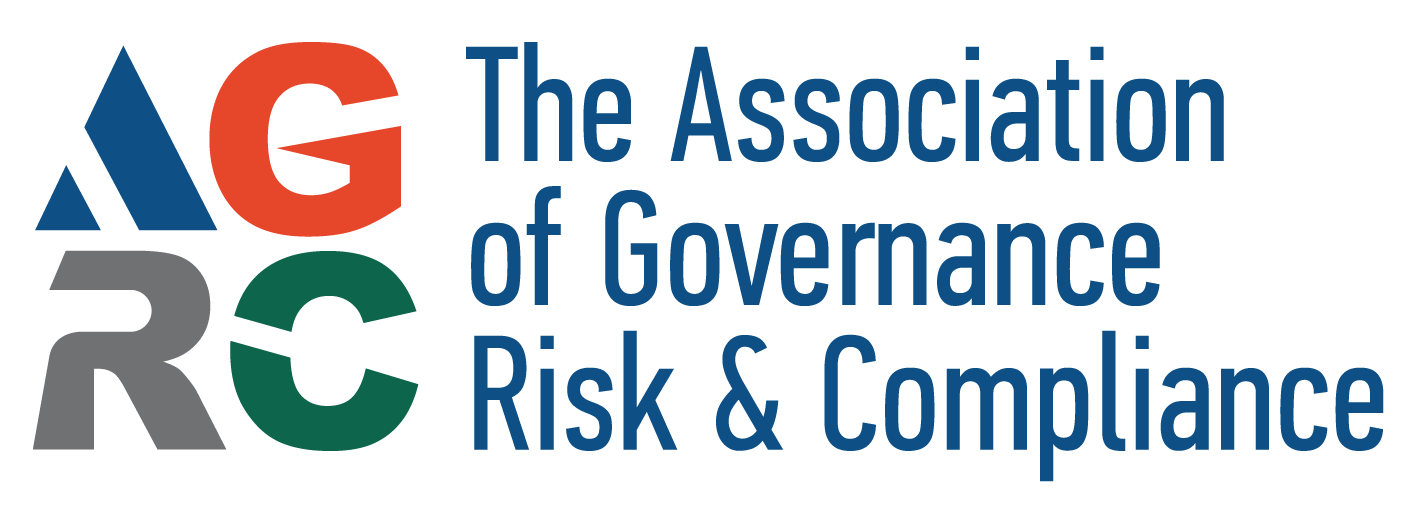Money Laundering is a global issue, and many organisations are working relentlessly to fight financial crimes and combat money laundering. Financial fraud is rising as criminals use innovative ways to launder money. The organisations described here act as watchdogs and include compliance professionals and AML trainers contributing in their capacity to combat money laundering, financial crimes and terrorism funding. Outlined below are three organisations amongst many working in the compliance field and helping to prevent the world economy from falling prey to the activities of criminals.
Financial Action Task Force (FATF)
 FATF, established in 1989 by the G7 Summit in Paris, is an intergovernmental organisation designed to combat money laundering, terrorist financing, and other related threats to the integrity of the global financial system. Its membership, expanding from its initial G7 foundation, now comprises 39 members including major economies and regional bodies.
FATF, established in 1989 by the G7 Summit in Paris, is an intergovernmental organisation designed to combat money laundering, terrorist financing, and other related threats to the integrity of the global financial system. Its membership, expanding from its initial G7 foundation, now comprises 39 members including major economies and regional bodies.
The scope of the FATF is comprehensive, focusing on three primary objectives:
- Setting international standards for preventing illicit finance.
- Evaluating the compliance of nations with these standards.
- Identifying jurisdictions with deficient measures, thereby urging stronger adherence.
The organisation achieves these aims through its ’40 Recommendations’, a recognised framework to counter money laundering and terrorist financing. Over the years, this framework has been updated to remain effective against emerging threats.
Evaluating its effectiveness, the FATF’s influence is undeniable. Many countries have revamped their regulatory landscapes in response to evaluations and the risk of being ‘grey listed’ or ‘black-listed’ by the FATF. However, the body has faced criticisms for being overly politicised and for its lack of consistent enforcement. Nonetheless, by virtue of setting global standards and holding countries to account, the FATF plays an indispensable role in the global fight against illicit financial flows.
Transparency International (TI)
 TI stands as a formidable sentinel in the ongoing battle against corruption worldwide. Instituted in 1993, its mission is to thwart corruption in all its manifestations, with an aim to usher in an era where governments, businesses and the citizenry can operate in an environment devoid of corrupt practices.
TI stands as a formidable sentinel in the ongoing battle against corruption worldwide. Instituted in 1993, its mission is to thwart corruption in all its manifestations, with an aim to usher in an era where governments, businesses and the citizenry can operate in an environment devoid of corrupt practices.
TI’s scope is vast and commendable. With a presence in over 100 countries, it champions the cause through initiatives such as the Corruption Perceptions Index, a powerful tool spotlighting the perceived levels of public sector corruption in nations worldwide. This index, coupled with advocacy, research and policy recommendations, makes TI an influential force on the global stage.
The effectiveness of TI, however, is a topic of nuanced discussion. While it has certainly galvanised attention and action against corruption, challenges persist. Corrupt practices are deeply entrenched in many societies and systems, requiring sustained efforts for eradication. Nonetheless, TI’s consistent advocacy and ability to rally various stakeholders ensures its prominence and respect in anti-corruption endeavours.
MONEYVAL
 MONEYVAL, or the Committee of Experts on the Evaluation of Anti-Money Laundering Measures and the Financing of Terrorism, operates under the aegis of the Council of Europe. Its primary mandate is to assess its member states’ compliance with international standards in countering money laundering and terrorist financing. By doing so, it aims to rectify systemic deficiencies within European financial systems and bolster legal and institutional frameworks.
MONEYVAL, or the Committee of Experts on the Evaluation of Anti-Money Laundering Measures and the Financing of Terrorism, operates under the aegis of the Council of Europe. Its primary mandate is to assess its member states’ compliance with international standards in countering money laundering and terrorist financing. By doing so, it aims to rectify systemic deficiencies within European financial systems and bolster legal and institutional frameworks.
The scope of MONEYVAL’s activities is comprehensive. It not only evaluates legislative and regulatory measures but also examines the efficacy of these measures in practice. By undertaking regular assessment cycles, it ensures that states continually upgrade and enhance their financial oversight mechanisms in line with evolving global standards.
However, the efficacy of MONEYVAL is a subject of debate. While it has undoubtedly spurred many states into fortifying their anti-money laundering regimes, challenges persist. Some critics argue that its recommendations, while sound, often confront implementation challenges at the national level due to varied socio-economic and political contexts. Nonetheless, its role as a standard-setting and monitoring body in Europe is indisputable.
‘Revealing the True Cost of Financial Crime’, a 2018 report by Thomson Reuter, indicated that almost half of large global organisations had been the victims of fraud, theft, money laundering or other financial crimes. Losses amounted to nearly $1.5 trillion across the companies surveyed, and there is no reason to suggest that figures in 2023 would be much better. Clearly, better collaboration and improved intelligence are increasingly important in winning the fight against financial crime. The organisations described above are just some of the important government, inter-government and private organisations working to achieve a safer environment for every company and individual to operate in.



